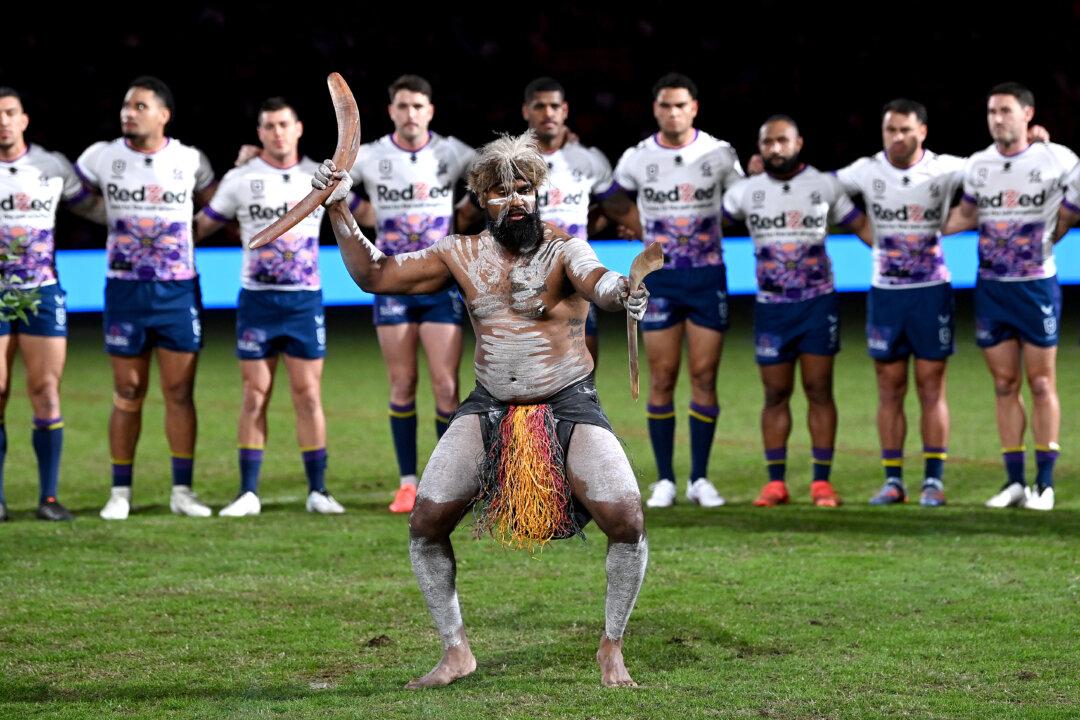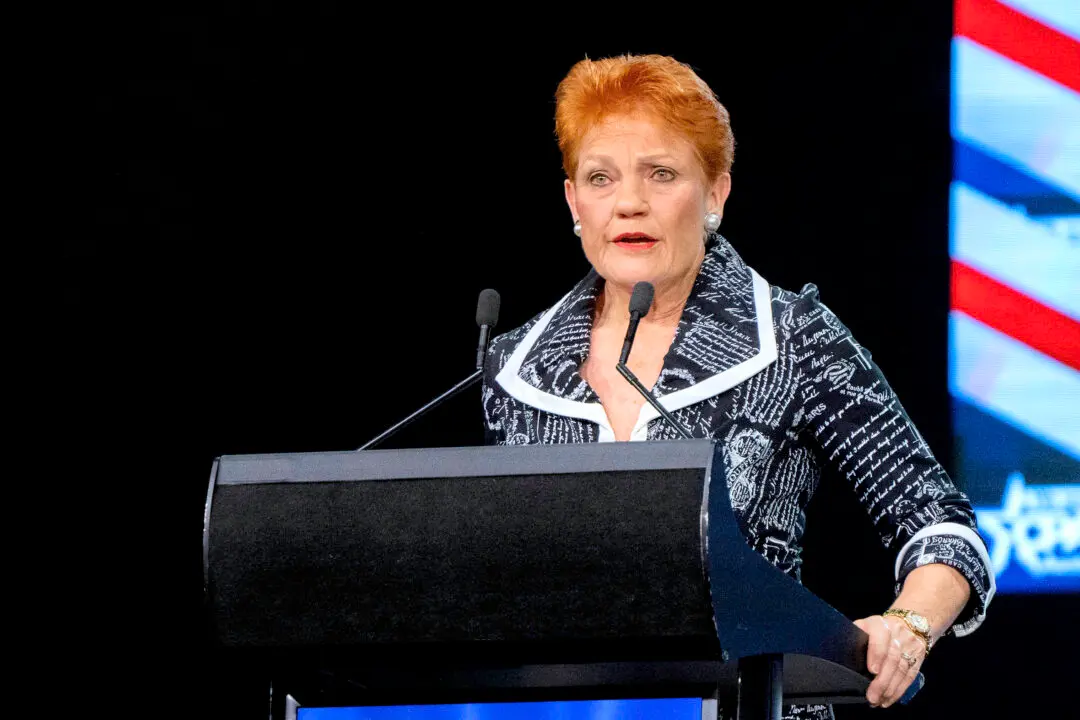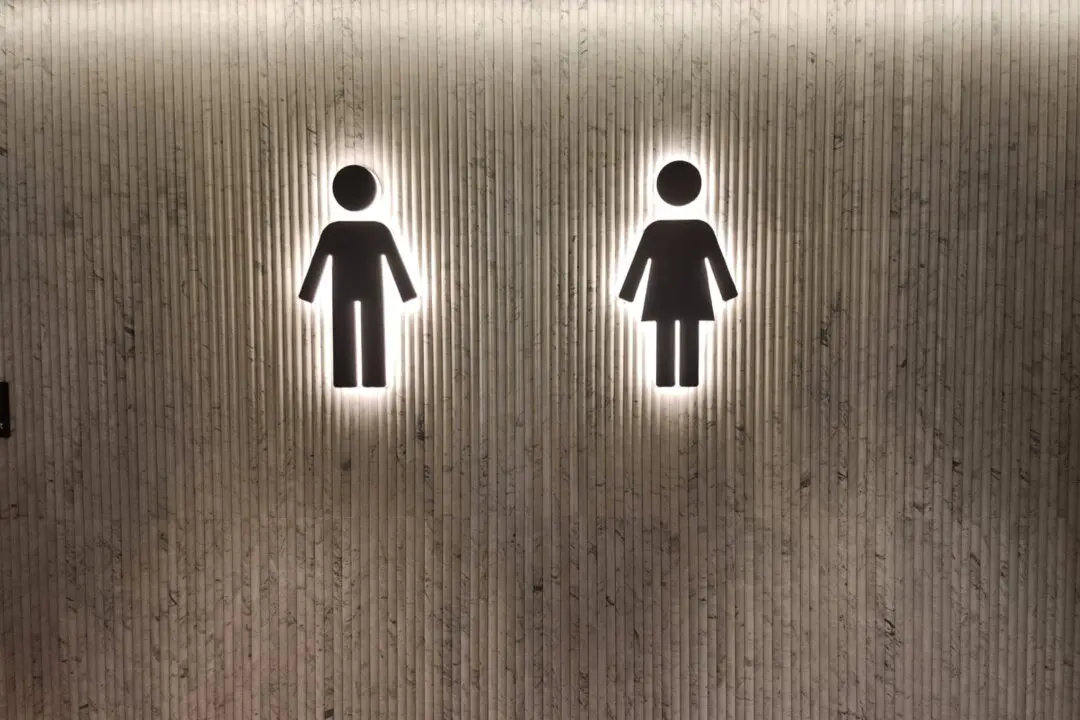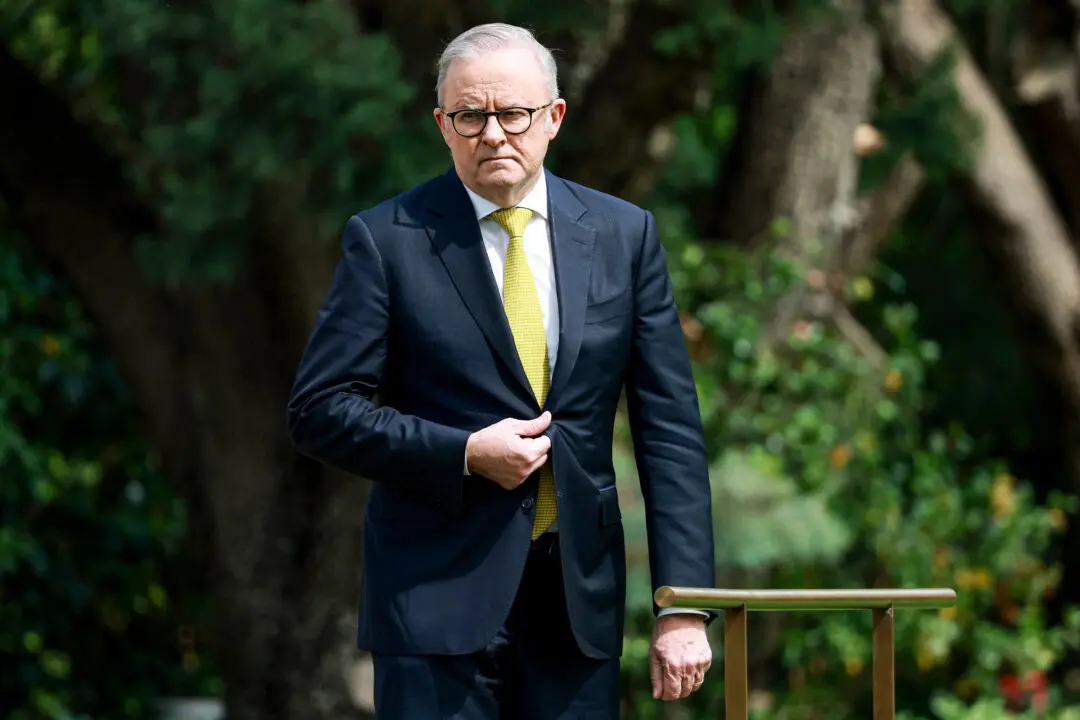Just a week after Queensland Aboriginal elders voted against performing the Welcome to Country ceremony, Victoria’s Melbourne Storm rugby league team has quietly announced its own intention to scale back the practice.
The Epoch Times understands the Storm’s final decision came after it tested the waters during the season by removing the ceremony from some games.





